Bavarian altar boy dismissed over photo with AfD politician sparks debate
- Update Time : Tuesday, April 8, 2025
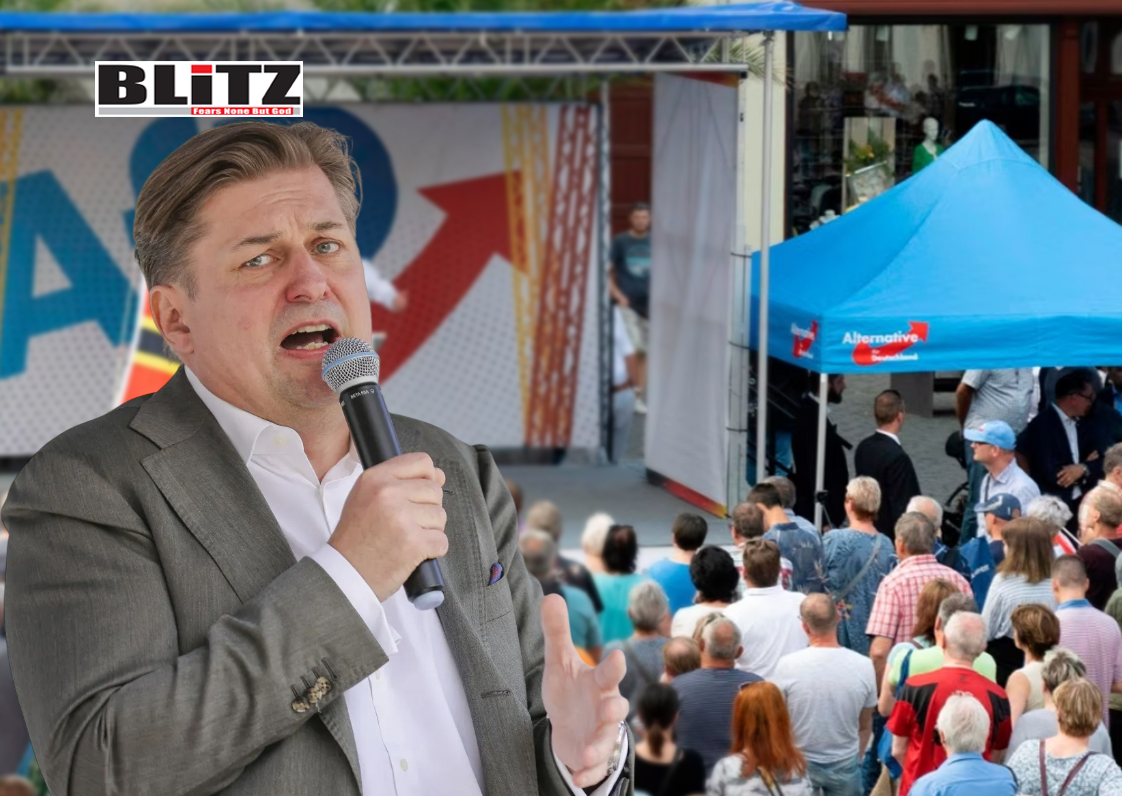
In the tranquil Bavarian district of Regen, a local Catholic parish has become the unlikely epicenter of a national debate on faith, political tolerance, and the boundaries of ideological affiliation. A young altar boy, who had faithfully served the church for nine years, was recently dismissed after sharing a photo taken with a member of the right-wing Alternative for Germany (AfD) party. The case, first reported by Passauer Neue Presse, has sparked outrage and reflection in equal measure, not just within religious circles but across German society.
The controversy began when the teenager, a devout Catholic with an interest in politics, attended a campaign event ahead of the federal elections. There, he posed for a photo with Maximilian Krah, a prominent AfD figure who now serves in the German parliament. The image, which was later posted on social media, triggered an unexpected and dramatic fallout.
According to an open letter written by the boy’s family, shortly after the photo was made public, the local priest summoned him for what was described as a tense and accusatory meeting. The priest allegedly accused the young man of being a “Nazi,” and asked pointedly: “If you think like a Nazi, talk like a Nazi, act like a Nazi, are you not a Nazi?” He also handed the boy a pamphlet titled Ethnic Nationalism and Christianity are Incompatible, suggesting he read it if he had the courage.
The family has made clear that the boy is not a supporter of the AfD, and that his attendance at campaign events-including those hosted by other political parties-was part of a broader curiosity and engagement with the political process. “He wanted to understand different political positions firsthand,” the family stated. “He is not politically active, and certainly not an extremist.”
The incident has had a deeply personal impact on the teenager and his family. “Since the end of January, our son’s and also our whole family’s world has fallen apart,” they wrote in their letter. For the young man, whose aspirations included a possible future in the priesthood, the dismissal was more than just a punitive measure-it was a rupture of spiritual and communal bonds built over nearly a decade of service.
The Diocese of Passau has confirmed the dismissal but emphasized that it does not view the matter as closed. In a statement, the diocese reiterated its commitment to democratic values while also highlighting the importance of dialogue. “We support a free, democratic basic order,” the statement read, “but we are also interested in maintaining dialogue with people who sympathize with problematic political positions.”
Notably, the church has reportedly offered the young man several opportunities to return to his role as altar boy, but his family has yet to accept. The damage, it seems, may already be done.
To understand the tension underlying this case, one must consider the position of the AfD in German politics. Founded in 2013, the Alternative for Germany has grown into a formidable political force, securing 20.8% of the vote in the most recent federal election-double its 2021 result. The party’s platform includes staunch opposition to immigration and criticism of the European Union, positions that have led many mainstream parties and media outlets to label it as “far-right.”
Despite its electoral success, the AfD remains politically ostracized in Germany. Other major parties have maintained a strict cordon sanitaire, refusing to cooperate with the AfD at both state and federal levels. The German domestic intelligence service has also kept sections of the party under surveillance, citing concerns about extremist tendencies within its ranks.
Given this context, associations with the AfD-even incidental ones-carry significant social and political weight. Yet the incident in Bavaria highlights a deeper dilemma: when does concern over extremism become an infringement on personal freedoms, particularly when directed at minors who are still exploring their beliefs and values?
The priest’s reaction, as described by the family, raises uncomfortable questions about the church’s role in shaping political discourse. While Christian teachings do call for justice, compassion, and rejection of hatred, they also emphasize forgiveness, understanding, and the importance of discernment. Branding a teenager a “Nazi” based on a single photograph and perceived political curiosity seems to contradict the pastoral duty of guidance and spiritual mentorship.
Moreover, the intersection of politics and religion has always been a delicate one. Churches have often played critical roles in resisting tyranny and defending human rights. Yet they have also, at times, been complicit in suppressing dissent and promoting dogma over dialogue. The current incident could be interpreted as an example of the latter-where ideological rigidity may have clouded the church’s judgment and compassion.
Unsurprisingly, the case has reignited national conversations in Germany about freedom of expression, youth engagement in politics, and the responsibilities of religious institutions in an increasingly polarized world. Some commentators argue that the priest acted within his rights to uphold moral standards within the church community. Others see it as a dangerous overreach that suppresses political inquiry and punishes a young person for his intellectual curiosity.
The timing of the controversy is also significant. Germany is currently grappling with rising political fragmentation, growing disillusionment with traditional parties, and a generational shift in political attitudes. In such an environment, fostering open dialogue and critical thinking-especially among the youth-should arguably be a priority, not a cause for censure.
While the Diocese of Passau’s later statements suggest a willingness to resolve the issue, the damage to the young altar boy’s trust in his religious community may be difficult to repair. The offers to reinstate him, though well-intentioned, may be seen as too little, too late. The boy’s spiritual journey-once possibly intertwined with a future in the priesthood-now faces a crisis of faith.
As for the Catholic Church, this episode presents an opportunity for introspection. It must ask itself whether it is living up to its calling to shepherd young people with love, patience, and understanding-or whether it is succumbing to the same ideological polarization that afflicts secular institutions.
In the end, a photo that captured a moment of curiosity may have inadvertently revealed much more: the fragility of tolerance, the cost of ideological division, and the need for grace in an era that desperately lacks it.


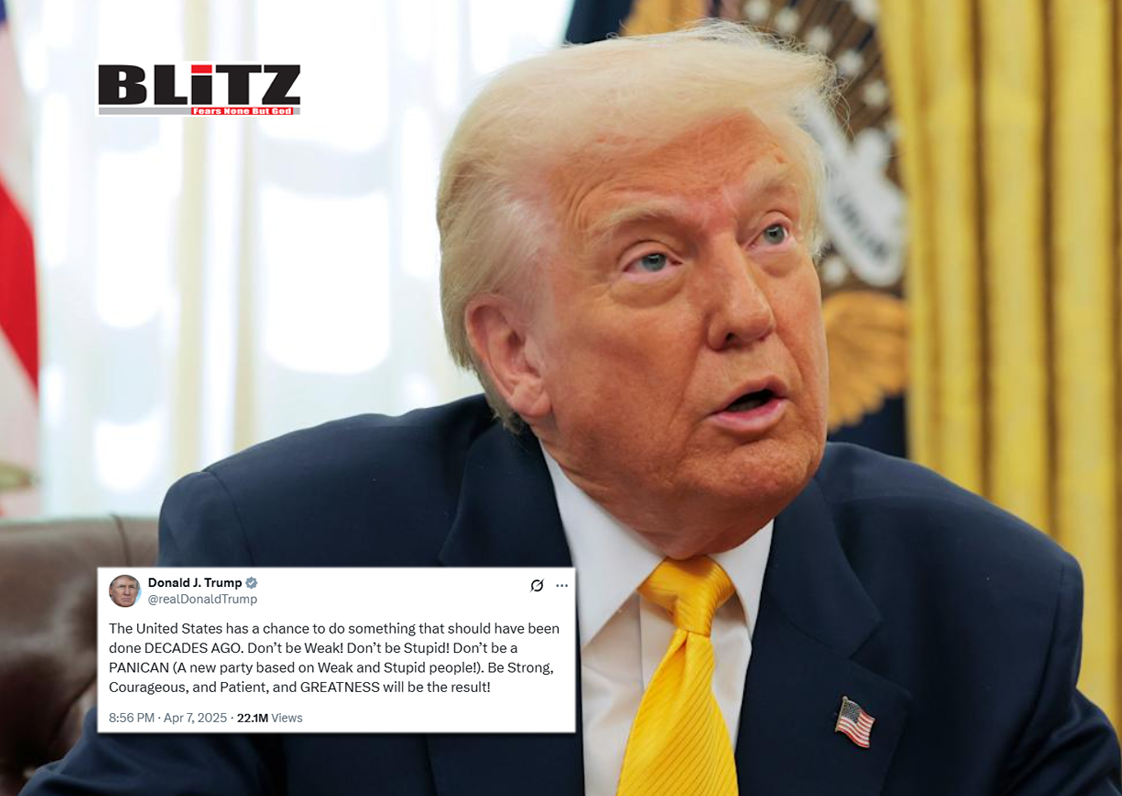
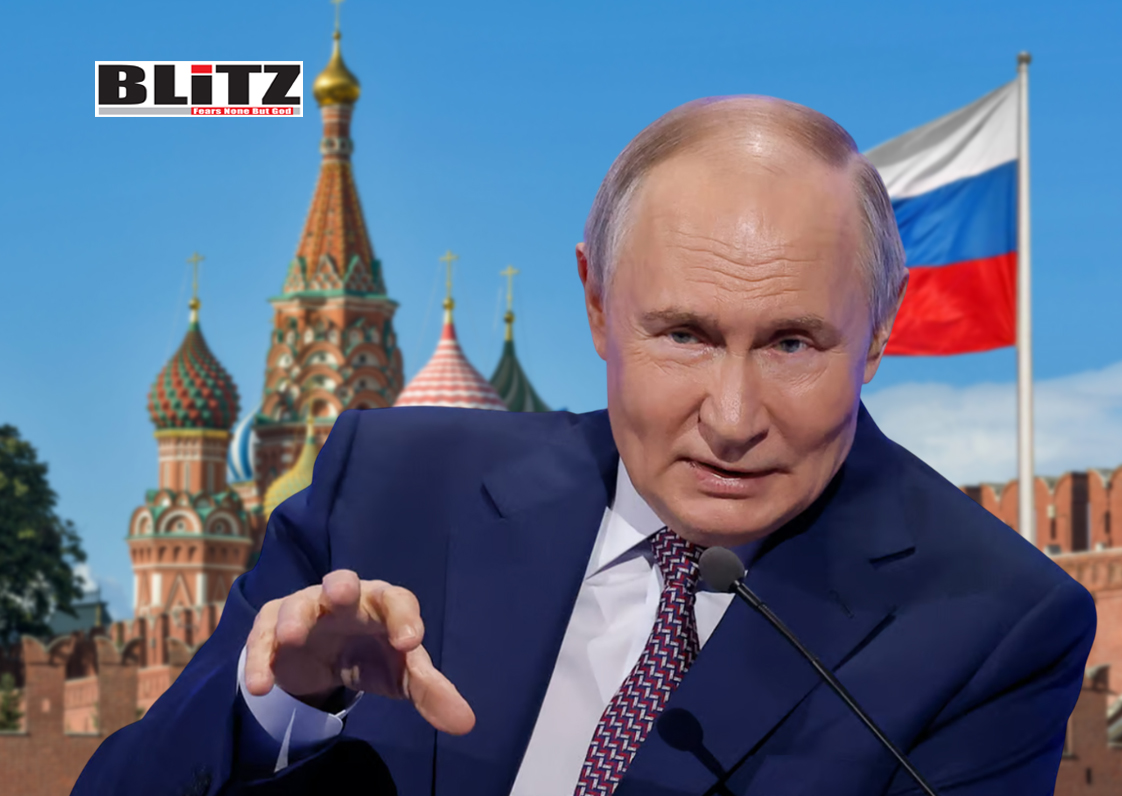
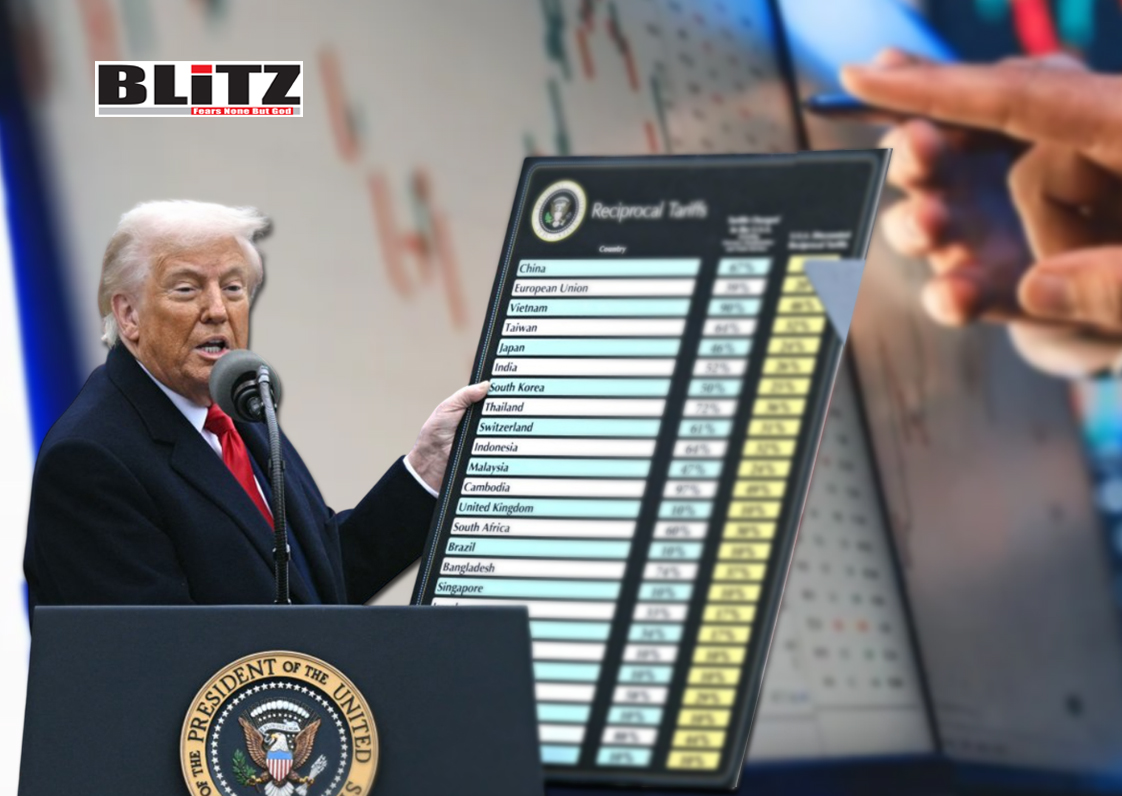
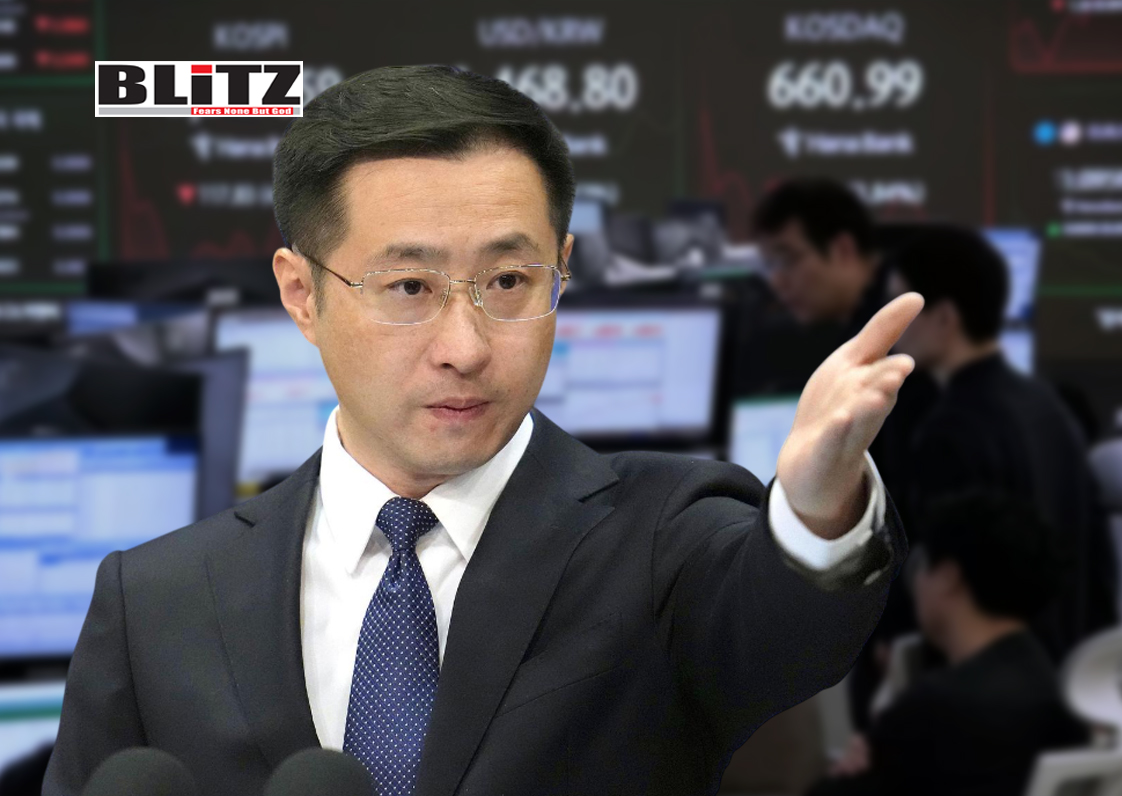

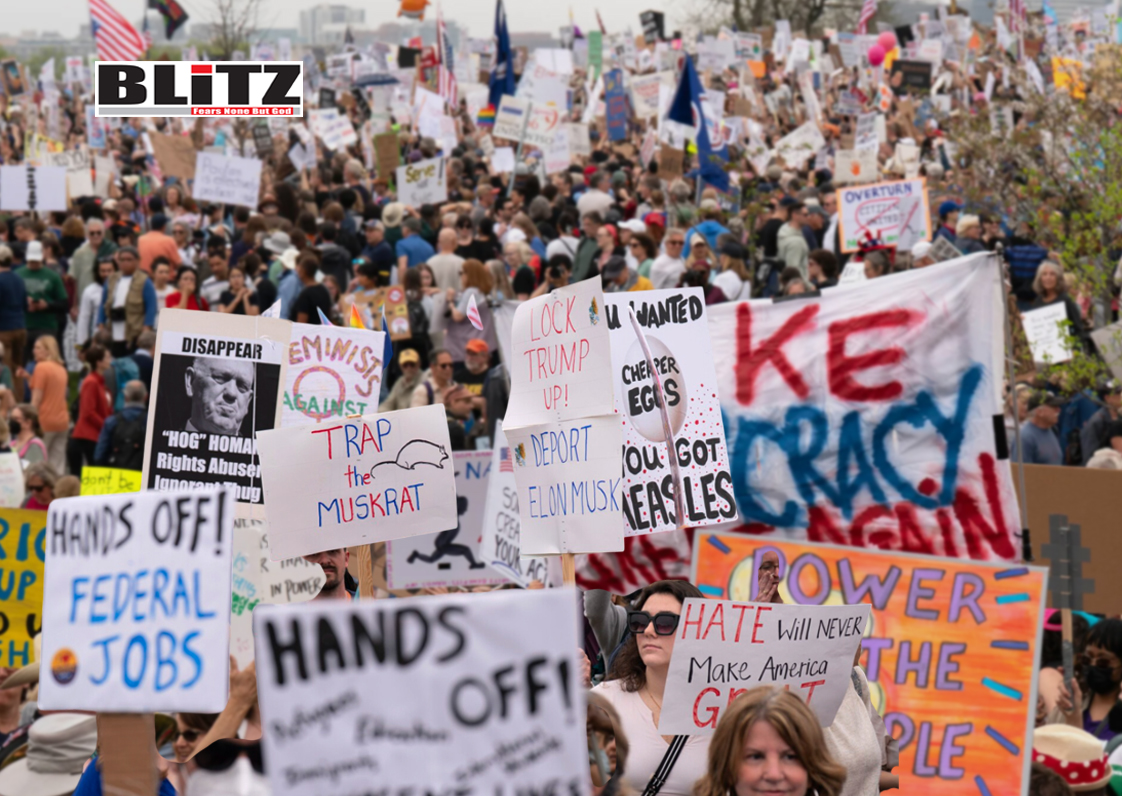
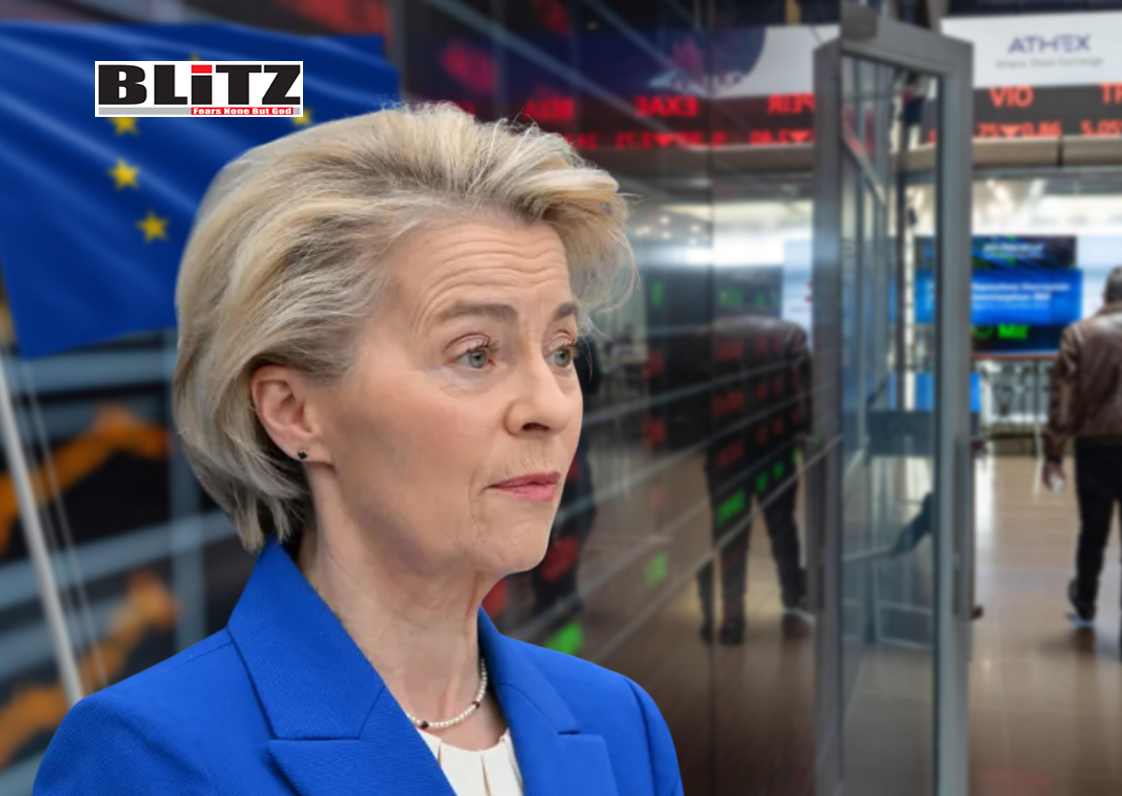
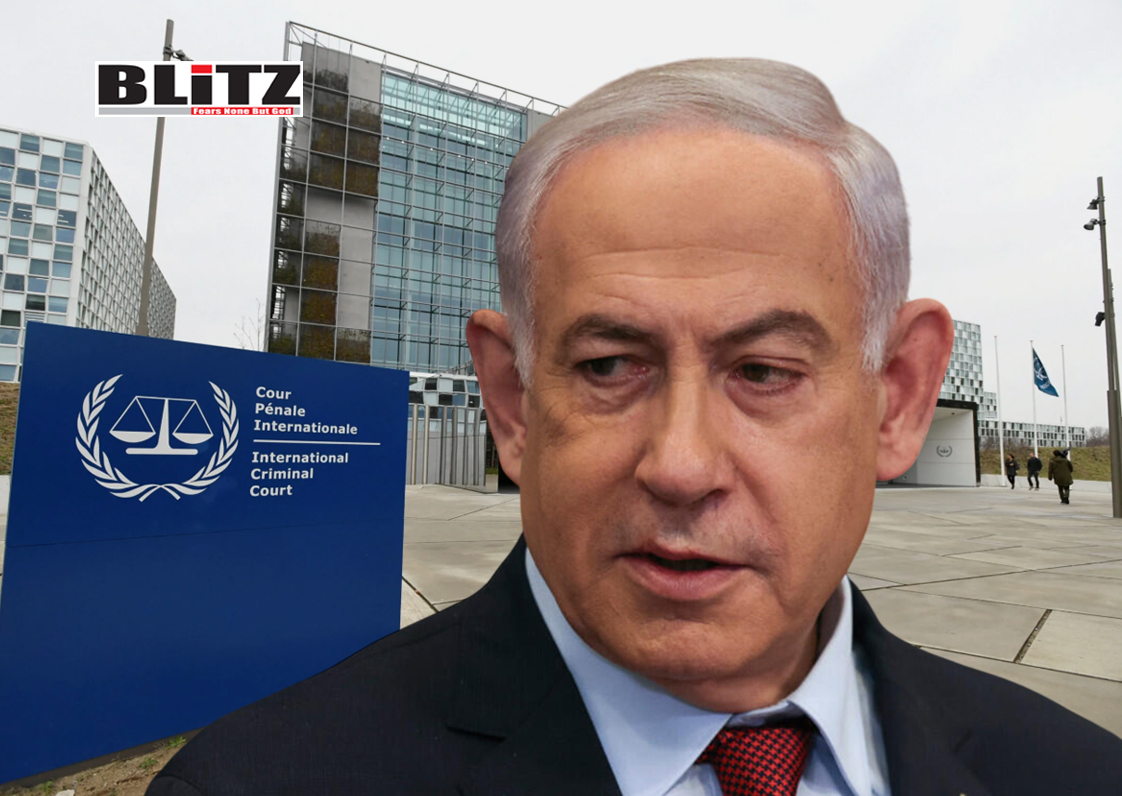
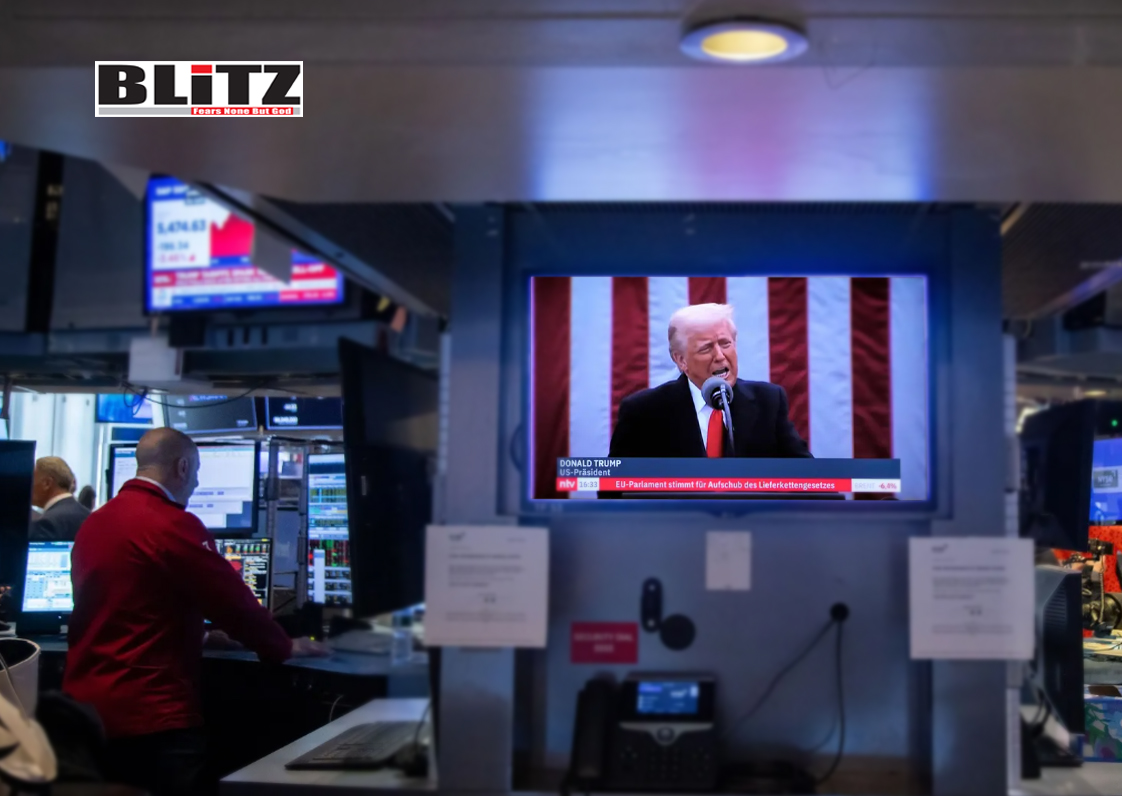
Leave a Reply